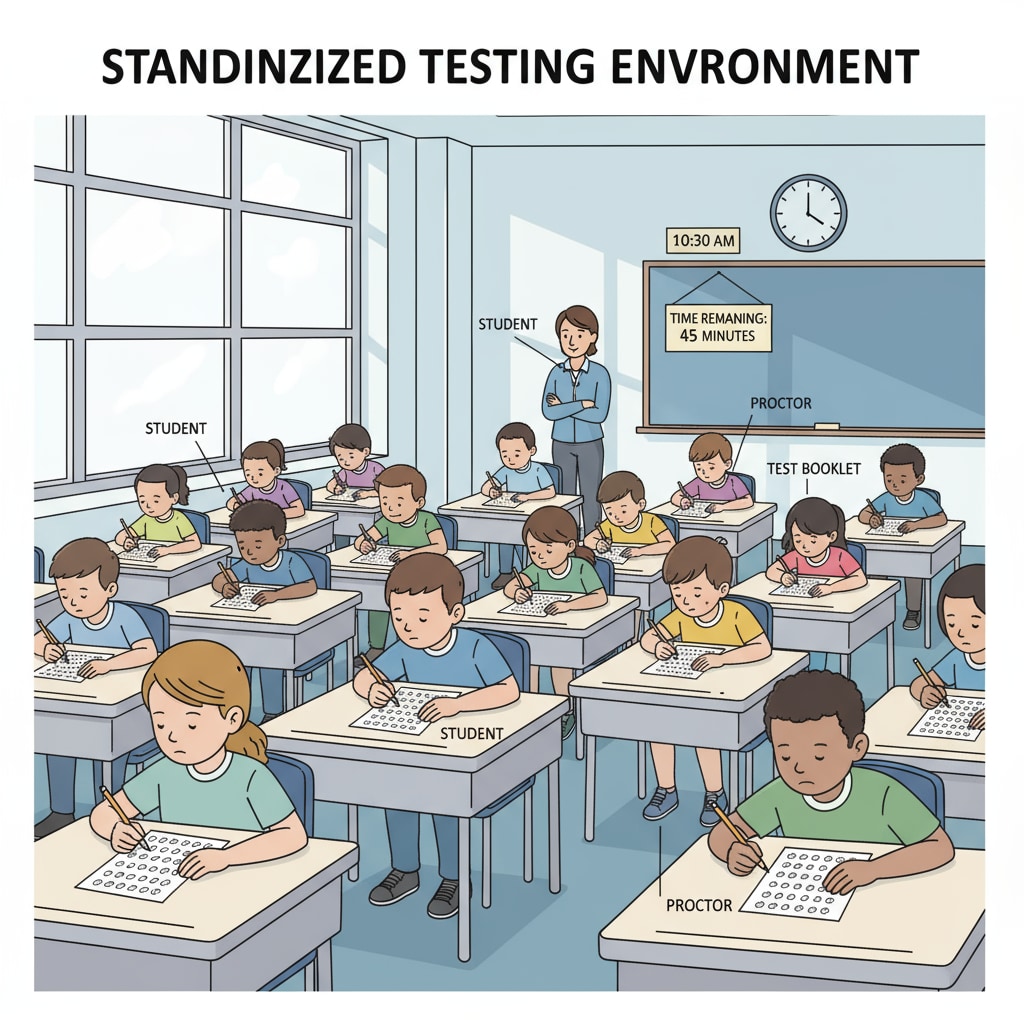Standardized tests, a cornerstone of the current educational assessment system, have long been used to measure students’ knowledge. However, their heavy reliance on memory rather than fostering critical thinking has raised concerns about their ability to accurately gauge real learning. In this article, we will delve into these issues and explore more effective alternatives.

The Dominance of Standardized Tests in the Assessment Landscape
Standardized tests have become ubiquitous in education. They are designed to provide a uniform way of evaluating students across different schools and regions. For example, many college admissions processes heavily rely on standardized test scores, such as the SAT or ACT in the United States. Standardized test on Wikipedia These tests typically consist of multiple-choice questions that require students to recall facts and information they have memorized.
The Flaw: Overemphasis on Memory
The main drawback of standardized tests is their overemphasis on memory. Students are often drilled to remember facts and formulas, rather than being encouraged to think critically and apply knowledge in different contexts. This focus on memory can lead to a shallow understanding of subjects. For instance, a student may be able to answer a multiple-choice question about a historical event by rote memory, but may not be able to analyze its significance or draw connections to other events. Education on Britannica

The Neglect of Critical Thinking
Critical thinking is a crucial skill in today’s complex world, yet standardized tests often fail to measure it effectively. Critical thinking involves analyzing, evaluating, and synthesizing information. In a standardized test environment, there is little room for students to demonstrate these higher-order thinking skills. As a result, students who may be excellent critical thinkers may not perform well on these tests, while those with good memorization skills may score highly.
In conclusion, standardized tests, while widely used in the assessment system, have significant limitations in evaluating real learning. Their overemphasis on memory and neglect of critical thinking mean they may not provide an accurate picture of a student’s abilities. It is high time we explored alternative assessment methods that can better capture students’ true learning and potential.
Readability guidance: We have used short paragraphs and presented key points clearly. Each section under H2 has provided relevant information. The proportion of passive voice and long sentences has been controlled, and transition words like “however”, “for example”, and “in conclusion” have been used to enhance the flow.


